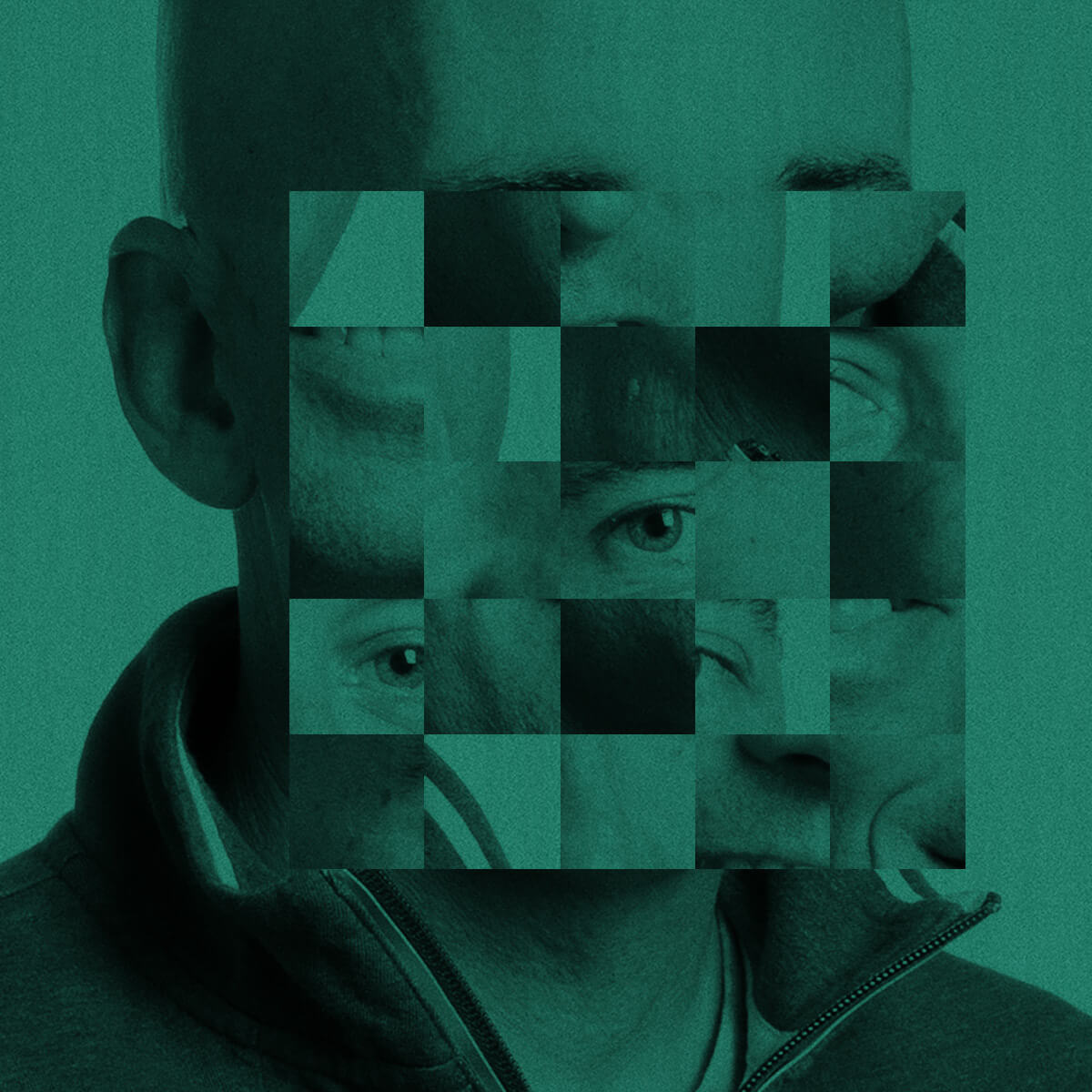Decipher Podcast: Reddit’s Matt Johansen on Identity Attacks, Enterprise Security, and Burnout
Reddit's head of application security Matt Johansen joins Dennis Fisher to talk about the highlights of Black Hat USA, the

He is one of the co-founders of Threatpost and previously wrote for TechTarget and eWeek, when magazines were still a thing that existed. Dennis enjoys finding the stories behind the headlines and digging into the motivations and thinking of both defenders and attackers. His work has appeared in The Boston Globe, The Improper Bostonian, Harvard Business School’s Working Knowledge, and most of his kids’ English papers.

Reddit's head of application security Matt Johansen joins Dennis Fisher to talk about the highlights of Black Hat USA, the
Risk management is not one of humanity's strong points, but we can learn some lessons from our own real life experiences to apply
As software systems have become ever more complex, the opportunity for security researchers to show their value has grown, as
A new bill would prevent government agencies from mandating backdoors in encrypted hardware or software products.
Mikhail Davidov decided to see what it would take to develop a process to manually decapsulate chips. After months of work, experimentation, and trial and error, he succeeded.
The bill in Georgia that would have legalized active defense measures and outlawed some security research was vetoed by the state's governor.
The Twitter password bug caused an uproar, but the company's handling of it shows the potential value of being transparent about security.
A team from a Dutch university have developed an attack that can remotely compromise some Android devices using the Rowhammer technique.